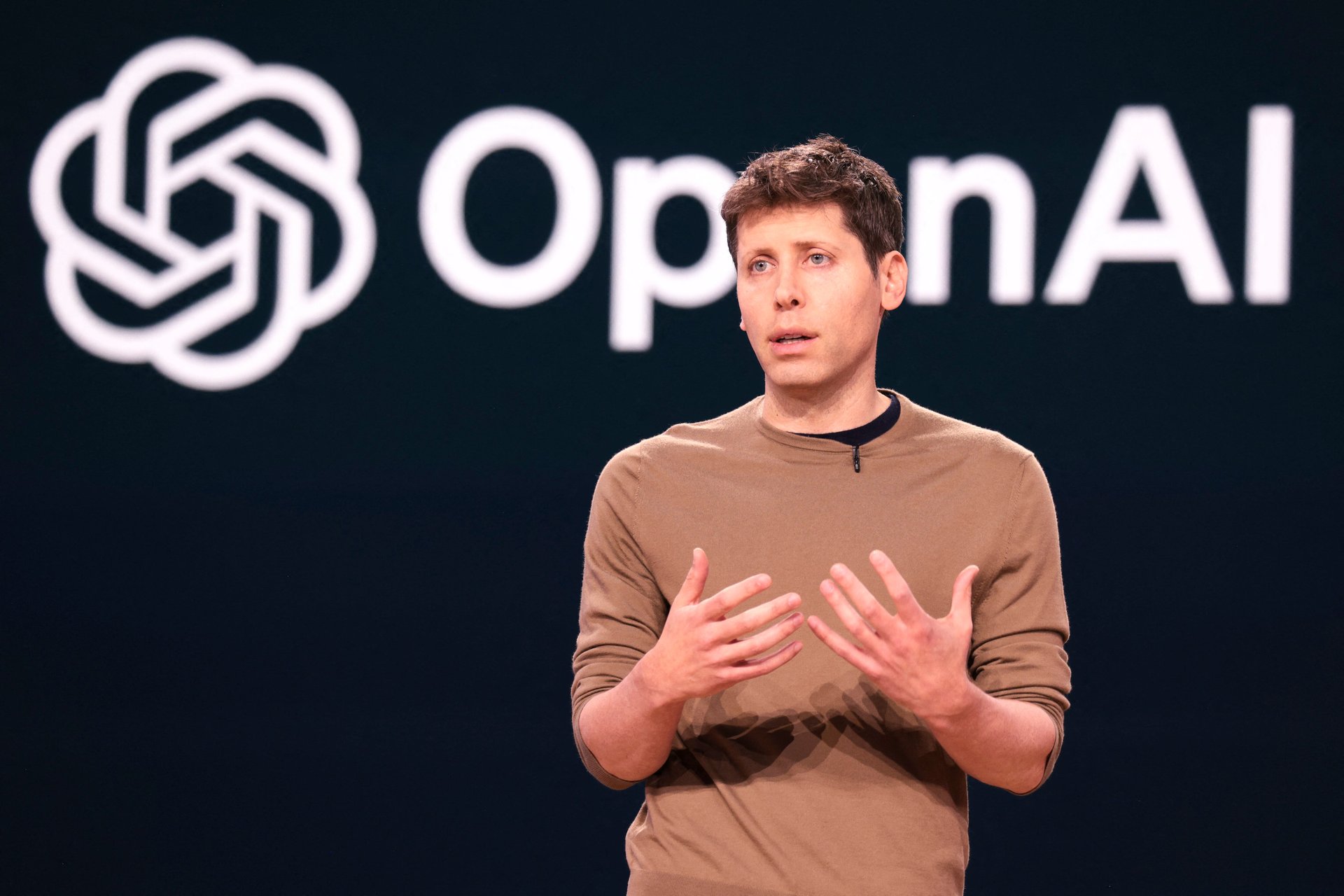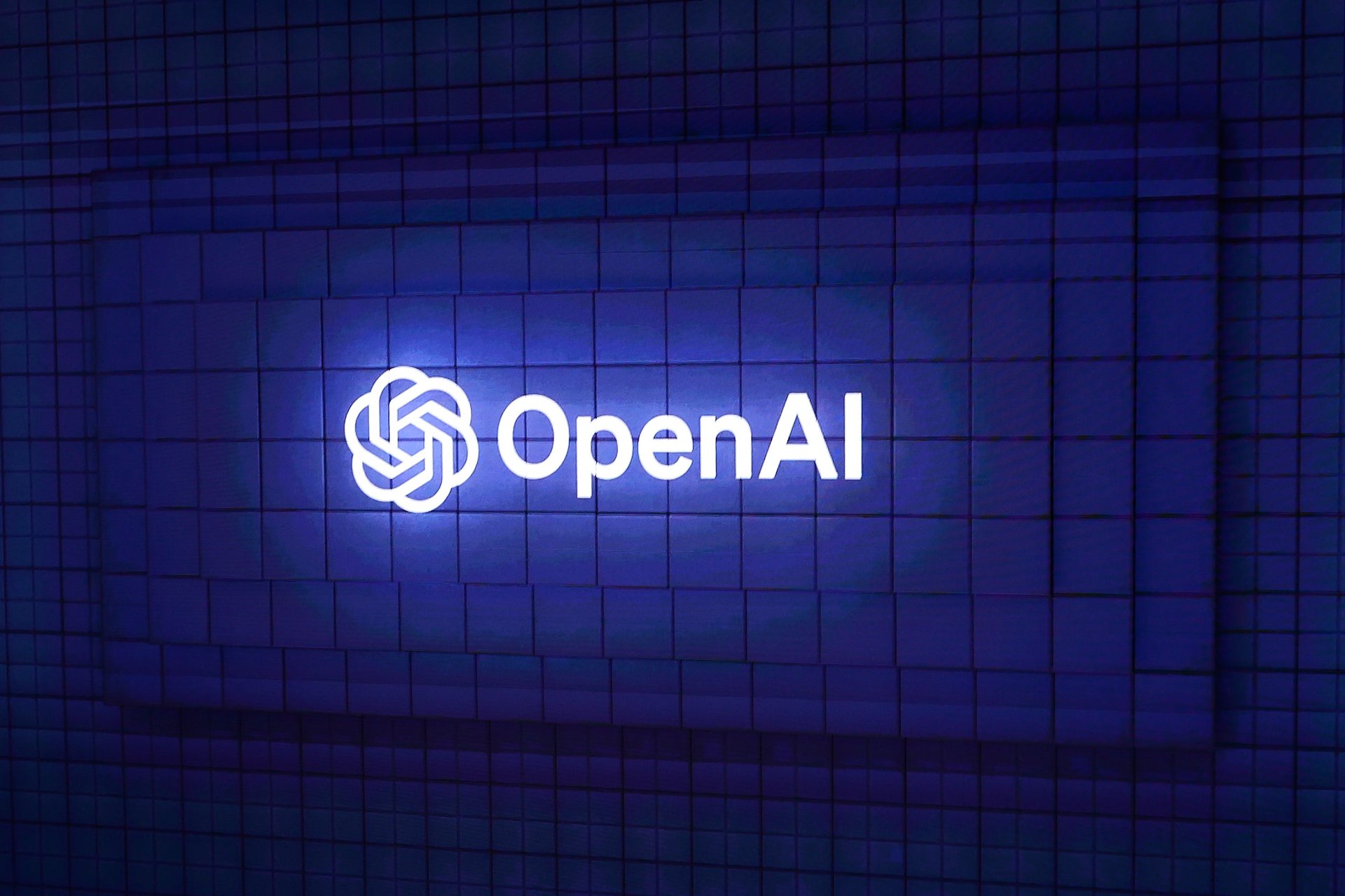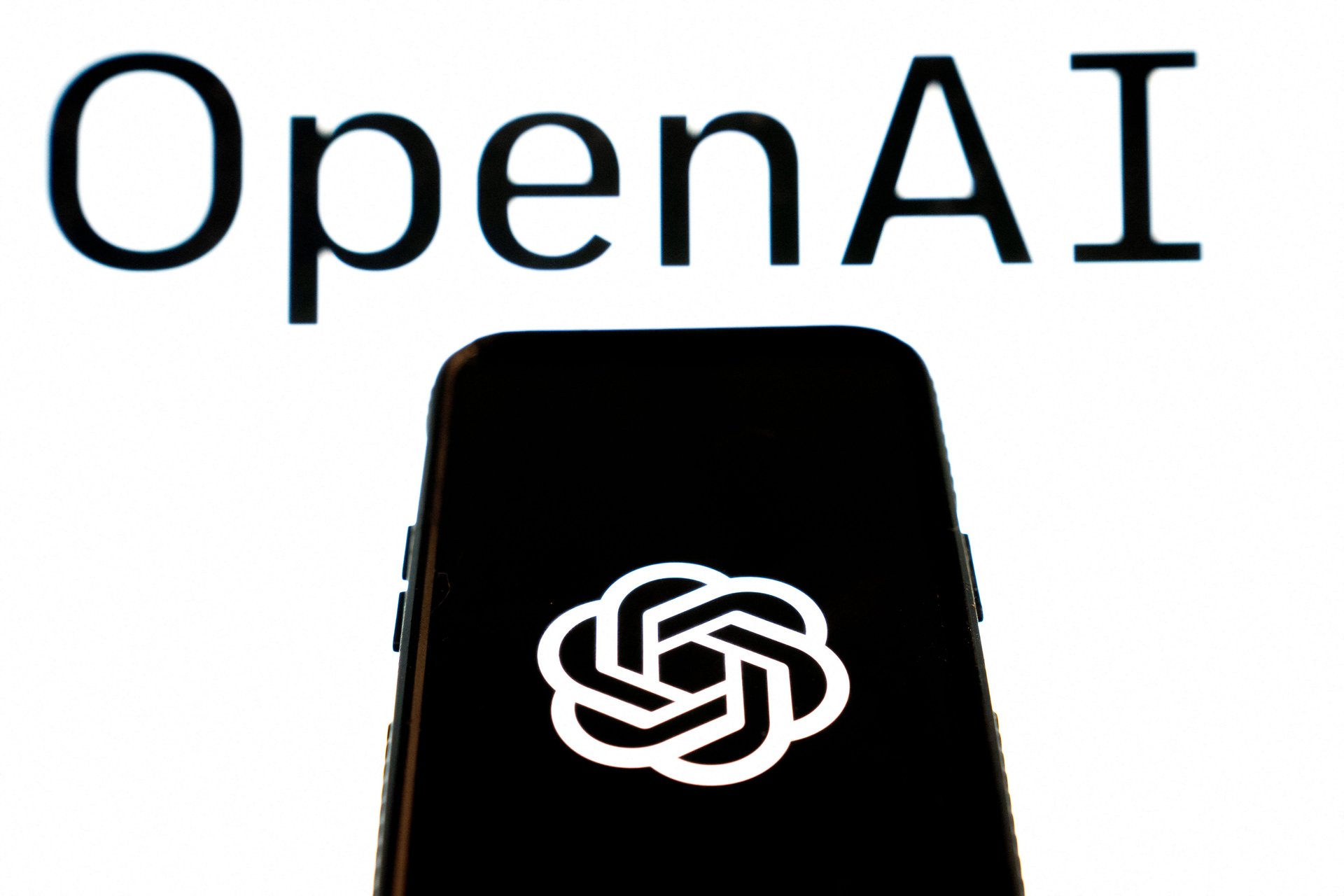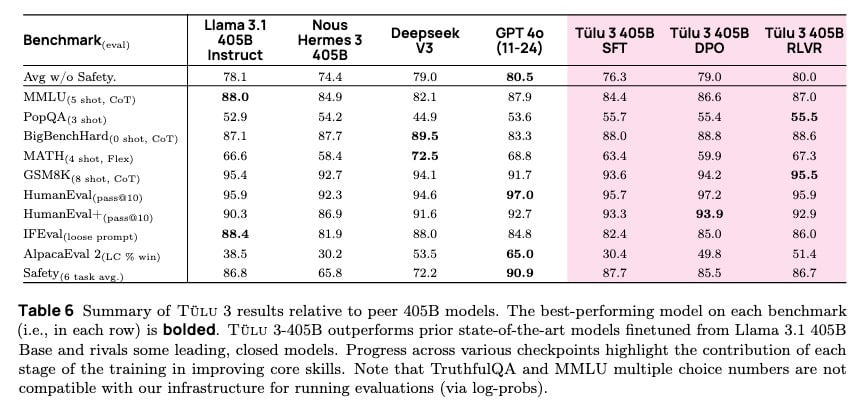OpenAI o3-mini for free, ChatGPT Gov, and ElevenLabs' Series C: This week's AI launches
Plus, the Allen Institute for AI released its next-generation Tulu3-405B AI model

Each week, Quartz rounds up product launches, updates, and funding news from artificial intelligence-focused startups and companies.
Here’s what’s going on this week in the ever-evolving AI industry.
2 / 5
OpenAI’s o3-mini reasoning model in ChatGPT

OpenAI launched its newest reasoning model, o3-mini, in ChatGPT and through its API this week. The o3-mini launch is the first time the AI startup is offering an AI model with reasoning capabilities to ChatGPT’s free users, it said.
o3-mini has medium reasoning capabilities that match the o1 reasoning model’s performance in math, coding, and science, OpenAI said. However, o3-mini has a “significantly lower cost” and “faster responses.” Compared to o1-mini, o3-mini responds 24% faster, the startup said. External testers also preferred 03-mini’s responses 56% of the time compared to 01-mini, and found 39% fewer mistakes on real-world questions. Compared to o1, o3-mini outperformed the model in coding and other reasoning tasks with less latency and at a lower cost.
3 / 5
OpenAI’s ChatGPT Gov

OpenAI introduced a version of its chatbot called ChatGPT Gov this week to provide another way for U.S. government agencies to access its frontier AI models.
Through ChatGPT Gov, U.S. agencies can save and share conversations within their workspaces, use the flagship GPT-4o model, and build custom GPTs for use in government workspaces.
The AI startup said it believes “this infrastructure will expedite internal authorization of OpenAI’s tools for the handling of non-public sensitive data.”
“We believe the U.S. government’s adoption of artificial intelligence can boost efficiency and productivity and is crucial for maintaining and enhancing America’s global leadership in this technology,” OpenAI said.
OpenAI also announced an agreement with the U.S. National Laboratories this week to share its reasoning models for scientific research.
4 / 5
ElevenLabs’ $180 million Series C

Voice AI model developer ElevenLabs announced a $180 million Series C funding round this week. The funding round was co-led by a16z and ICONIQ Growth, and values the startup at $3.3 billion — triple its valuation from a year ago.
ElevenLabs said the funding would go toward its AI audio technology, supporting expressive and controllable voice AI research, and developing new products.
“Speech is how we naturally communicate,” Mati Staniszewski, CEO of ElevenLabs, said in a statement. “This funding moves us closer to a world where digital interactions happen by voice - fluid, natural, and as effortless as a conversation.”
5 / 5
Ai2's next-generation Tülu 3 405B AI model

The Allen Institute for AI released its next-generation open-source model, Tülu 3 405B this week. The new AI model is Ai2's first time applying fully open, post-training recipes to large open-weight models, it said.
Ai2 said its Reinforcement Learning from Verifiable Rewards (RLVR) framework improved Tülu 3 405B’s performance on the MATH benchmark more significantly than for smaller Tülu models.
The Tülu 3 405B model is being hosted on Google Cloud (GOOGL), and will be made available on Google’s Vertex AI platform, Ai2 said.